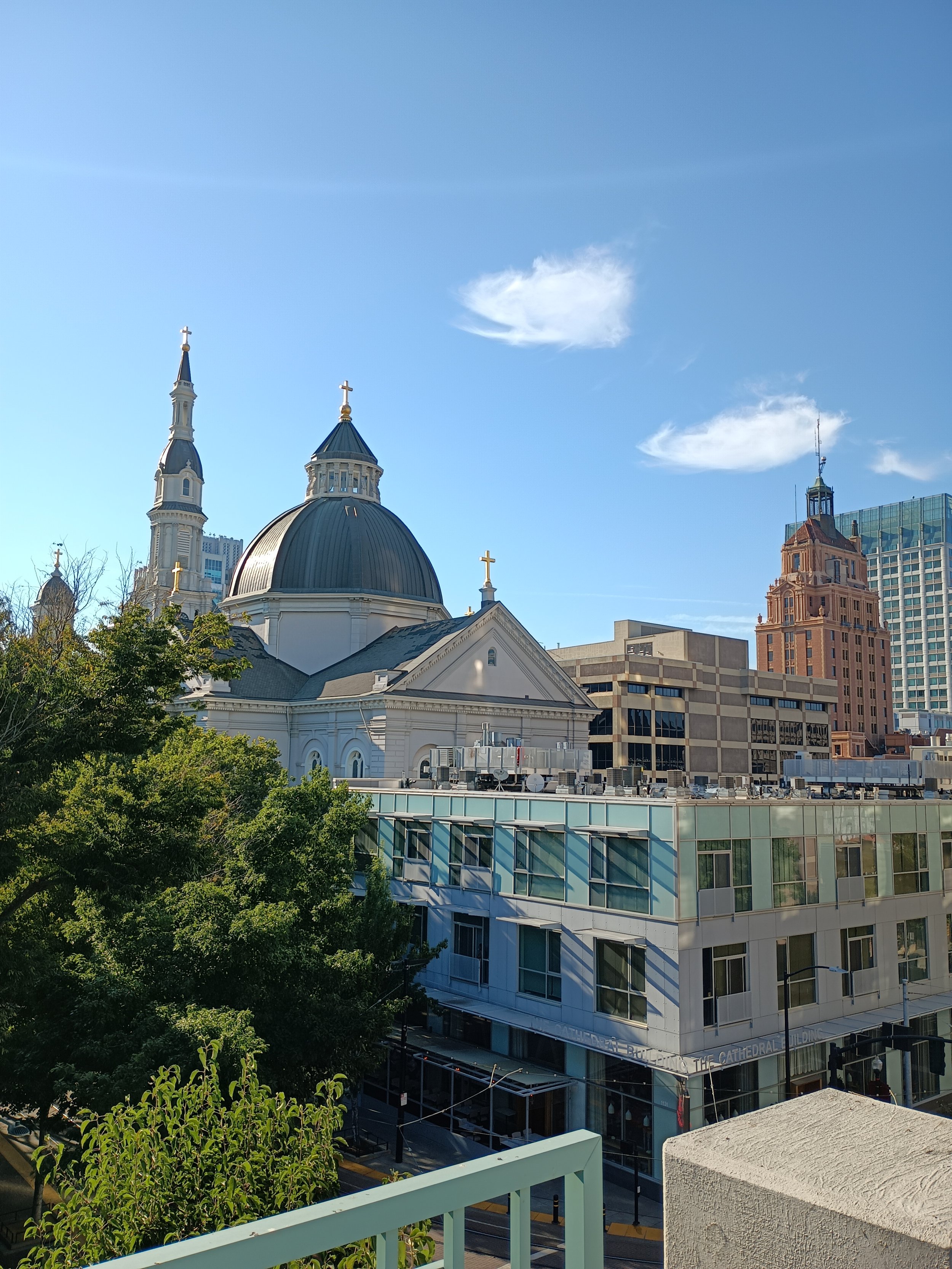What exactly is California Senate Bill 1383?
At its core, California Senate Bill 1383 - more commonly known as CA SB 1383 - is a state initiative that aims to significantly reduce the amount of organic waste in landfills.
In the first quarter of 2022, county-designated businesses and residences had to begin complying with this bill by separating their organic (biodegradable) waste from all other waste.
Food waste, which is a type of organic waste, is most often the result of food surplus. A food surplus occurs when more food is purchased or prepared than is needed. Rather than be consumed, this (usually perishable) food is then sent to break down in a landfill - a process that heavily pollutes the atmosphere.
In 2017, The California Air Resources Board, a government agency tasked with maintaining environmental health standards, published its “2017 Climate Change Scoping Plan” - which outlined several important environmental issues and their impacts on the state. Most crucially, this report identified “Short-lived climate pollutants” (known as SLCPs), specifically those emitted by food waste, as a major environmental concern.
An overwhelming majority of food surplus (which is then wasted) is perishable - which classifies it as organic waste. Organic waste is especially harmful to the environment due to the types of pollutants it emits. Graphic courtesy of ReFED.
Why is organic waste so harmful? Why are short-lived climate pollutants worse than other pollutants?
Simply put - the emissions (SLCPs) given off by food waste trap large amounts of energy, which rapidly warms the atmosphere - accelerating several of the harmful effects of climate change.
The state of California has suffered greatly from rising global temperatures, with severe droughts, wildfires, and the loss of life and property becoming increasingly common each year. CA SB 1383 is designed to mitigate and prevent further harm by reducing the amount of Short-lived climate pollutants in the atmosphere.
What are the requirements of sb 1383?
CA SB 1383 will require that certain entities, known as ‘Commercial Edible Food Generators’ (think grocery stores, hospitals, restaurants, etc.), completely rethink their waste disposal strategies, especially where food waste is concerned. These generators are broken down into two categories: Tier 1 and Tier 2 generators.
In order to be compliant with the bill, both Tier 1 and Tier 2 generators must donate their edible food surplus that would otherwise be disposed of - a process known as food recovery. The recovery of edible food surplus is just one way that SB 1383 aims to reduce atmospheric pollutants - however, it is the space in which the most immediate impact can be made.
Compliance rollout will continue throughout early 2024, and began in January of 2022. (Graphic courtesy of CalRecycle)
HOW WILL THE EFFECTIVENESS OF SB 1383 BE MEASURED?
By establishing targeted reduction goals, CA SB 1383 also has a built-in way to measure its own progress as compliance continues to roll out.
Using a figure of 23 million tons of organic waste (as recorded in 2014) as a baseline, California must reduce the amount of organic waste that it sends to landfills by two specific measures:
GOAL # 1: By the year 2020, reduce GHG emissions by 50% compared to the target year of 2014.
GOAL # 2: By the year 2030, further reduce GHG emissions by 75% compared to 2014.
The 2020 goal was already achieved, so reaching the 2030 goal of a 75% reduction will heavily depend on how successfully ‘Tier 2’ food generators manage their compliance with the bill - as these entities generate significant amounts of food waste!
Food recovery organizations, like us here at Replate, will continue to be instrumental in the fight against edible food waste. We’re committed to offering commercial food generators an easy and tech-enabled solution to tackle their food surplus.
We hope to be major contributors towards SB 1383’s 2030 emission reduction goal!


